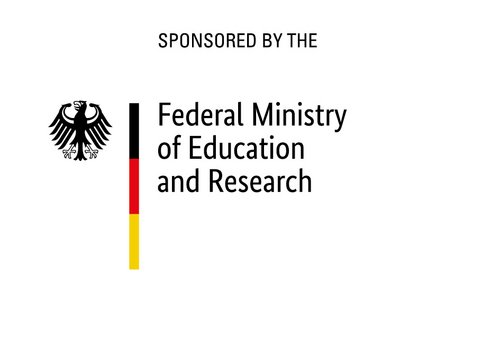Trans4Mat
Interdisciplinary Experimentation with Digital Tools for User-Oriented Communication of Material-Related Sustainability Information
The selection of materials is a crucial step in product design. Up to now, material databases which support for example development engineers, industrial designers and architects, mainly contain physical-chemical or haptic-optical material information. So far, sustainability-relevant information has hardly been included because it is not sufficiently structured or prepared in a user-oriented way. The Burg Giebichenstein Kunsthochschule Halle (BURG, overall project management), with its X-Lab and Sustain-Lab, and the Wuppertal Institute with the department Sustainable Production and Consumption contributed with this project to closing this gap.
The project created the basis for a comprehensive collection and sound analysis of existing material-related sustainability information. In addition, the scientists researched how the successful holistic-creative (inspirational) communication of the information can be realised with regard to the concrete application.
The first part of the project, led by the Wuppertal Institute's researchers, used the example of the already well-researched material PET (polyethylene terephthalate) to prepare sustainability information in a structured manner. In this way, a schema is generated that is as holistic as possible and can be transferred to other materials. Basically, the idea of an easy-to-update metadatabase is pursued, which dynamically accesses existing information sources. The second strand, led by researchers at BURG, focuses on options for user-oriented data preparation and visualisation. The researchers designed user-oriented adaptable prototypes for interfaces. Through interviews and workshops, they involved potential user groups to reflect on the project results and discuss future opportunities of the chosen approach.
The data scheme developed assumes a product-based, material-based or exploratory design process, aligns sustainability criteria with the life cycle phases of materials or products and takes into account the R-strategies of the Circular Economy. For the visualisation, an interface with radial representation was sketched to meet the requirements of the multiple interrelationships and dependencies. As a second, alternative variant, the scientists developed a scenario generator that builds on "material stories" as a mediation method, which can be generated by the prototypical digital language model built in the project.
The German Federal Ministry of Education and Research (BMBF) funded the project as part of the "Digital GreenTech" programme from 1 December 2020 for a period of six months.

